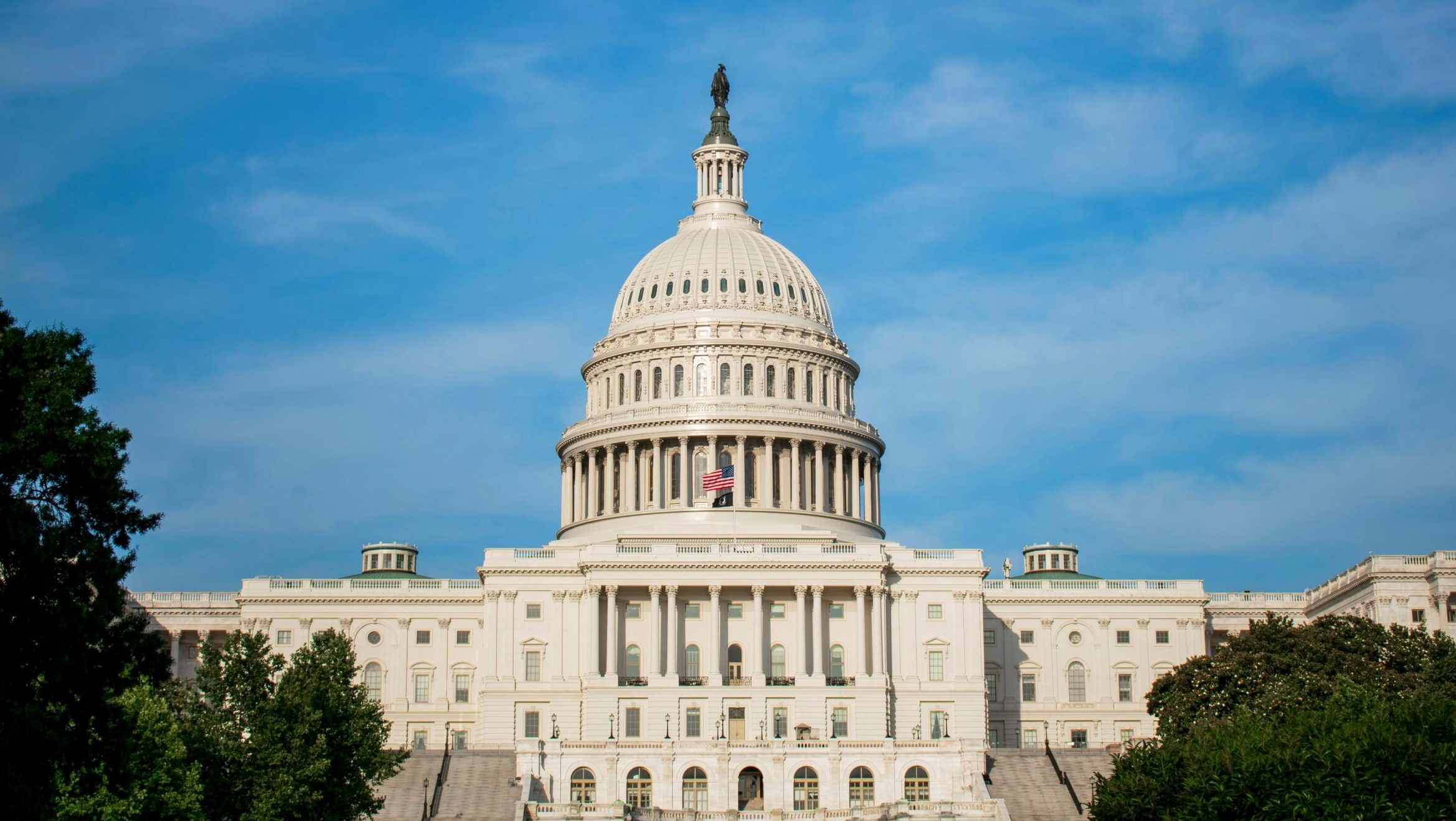What ‘Crypto Week’ Means for ETFs
The price of Bitcoin hit a record high of $123,000 this week as Congress prepares to vote on landmark crypto legislation.

Sign up for exclusive news and analysis of the rapidly evolving ETF landscape.
It’s “Crypto Week,” and that means clients are probably wondering if they should transfer their retirement savings to meme coins.
Congress is preparing to vote on three landmark bills this week that could transform America into the world capital of crypto. The Genius Act, which allows private companies to launch stable coins, already passed the Senate. But, the other two proposals — the Digital Asset Market Clarity Act, which sets up a framework for crypto to be regulated as a security or commodity; and the Anti-CBDC Surveillance State Act that bans the Fed from launching a digital currency — may have a more difficult path to President Trump’s desk. The bills could revolutionize how digital assets are bought, sold and regulated in the US. But with all the attention, what will it take for advisors to finally get on board with an asset class that is quickly becoming impossible to ignore?
“We think about crypto investments often, but before incorporating them, we want to understand what problem it solves,” said Robert Persichitte of Delagify Financial.
Over the Hill
It’s no surprise that the price of Bitcoin topped a record $123,000 high on Monday and that’s been good news for issuers and investors. The world’s biggest Bitcoin ETF reaped the benefits this week with the $80 billion iShares Bitcoin Trust (IBIT) jumping 2.5% as Bitcoin broke pricing records. Other funds also cashed in, including:
- The second-largest bitcoin fund, the $22.7 billion Fidelity Wise Origin Bitcoin Fund (FBTC), which jumped about 2.5% Monday, according to ETF.com.
- Both IBIT and FBTC have given back some of those gains as the price of Bitcoin dipped Tuesday.
There may be an even bigger rush to digital assets once more sovereign governments issue debts denominated in cryptocurrency, like El Salvador, Persichitte said. “That’s when it emerges as a unified, globally unified, currency, but it will be difficult to see when that is coming in the future.”
Where’s the Bill? While many clients are already invested in crypto, the “eye-popping” valuation could encourage more client questions about digital assets, said Lawrence K. Pon, a CFP and CPA at Pon & Associates. Besides risk, however, there are other important aspects of crypto that advisors should be aware of, like understanding the tax consequences. Trades will generate capital gains or losses that need to be reported on Form 8949, Pon said. Clients will also need to think about estate planning. “Can their beneficiaries get to the cryptocurrency after they die?” Pon said. “They need to understand all the complications before investing.”











